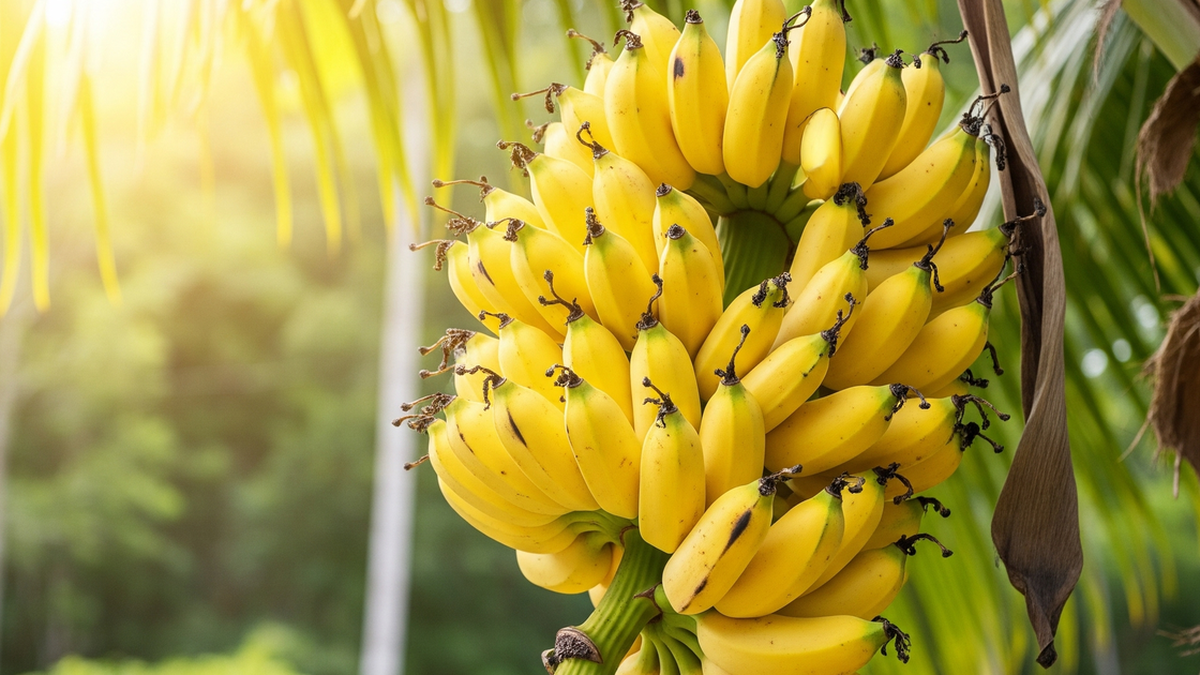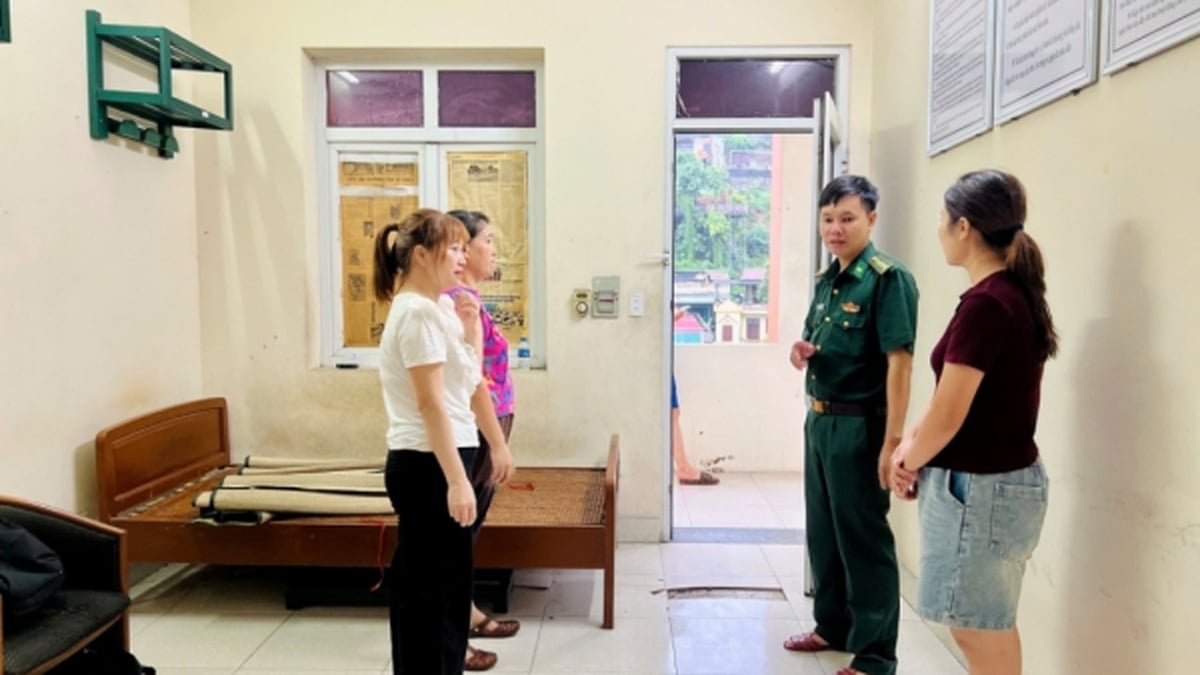In fact, grapefruit is a fruit tree commonly grown in many localities of our country. In order for grapefruit gardens to be highly effective, during the care process, gardeners often have to remove about 1/3 of the young grapefruit. The discarded young grapefruit is often discarded right in the garden or thrown into the canal, which can make the soil acidic, and in addition, when young grapefruit decomposes, it increases pathogens that harm the plants and directly pollutes the living environment around the growing and cultivating area.
Meanwhile, according to Oriental medicine and folk remedies, grapefruit peel and pulp contain many ingredients such as flavonoids, essential oils and pectin that are beneficial for health, support the treatment of overweight and obesity, fatty liver, and anti-oxidation. Young grapefruit has a large proportion of pulp, so the active ingredient content is high and should be utilized.
In that spirit, a group of scientists working at the Saigon Pharmaceutical Science and Technology Center (SAPHARCEN) has implemented the scientific and technological task of "Research on the production of flavonoid-rich capsules to support the treatment of lipid disorders and reduce obesity from young grapefruit waste" to contribute to the utilization of young grapefruit waste, bringing economic benefits to farmers, contributing to the development of a health care product for people.
Reporting to the advisory council for the acceptance of the science and technology task recently organized by the Department of Science and Technology of Ho Chi Minh City, Prof. Dr. Le Minh Tri, the project manager, said: SAPHARCEN scientists have isolated and purified naringin (a flavonoid that is soluble in hot water but almost insoluble in cold water, making grapefruit juice bitter) from young grapefruit powder based on solubility, by dissolving crude naringin in hot water and recrystallizing it at cold temperatures, forming a flavonoid-rich young grapefruit extract. The extract has a viscous liquid, uniform brown color, bitter taste and characteristic odor, no heavy metals (Pb, Cd, Hg) were detected, and no pesticide residues were detected. The flavonoid-rich young grapefruit extract was then divided into vials with a mass of 1.2 g/vial, equivalent to 50 mg of naringin. Of which, 1 mg of young grapefruit extract contains 0.19 mg of naringin.
During the purification process, the team used a little alcohol before crystallization to promote the formation of the crystal network. In addition, washing with cold alcohol after filtering the crystallized precipitate will avoid the loss of a significant amount of naringin, and at the same time remove impurities attached to the surface of the naringin crystals. The more times the purification process is repeated, the higher the purity of the naringin obtained, but the more naringin is lost, which will lead to a corresponding decrease in yield.
In the flavonoid extraction process at pilot scale (20 kg/batch) and industrial scale (100 kg/batch), ethanol extraction solvent was chosen to dissolve naringin, while limiting the dissolution of pectin and impurities, so a homogeneous product with high efficiency and naringin content was obtained (naringin isolation efficiency reached 4.3% and purity reached 99.6%).
The group conducted a test on the liver protection effect of young grapefruit extract on a model of liver damage in mice using CCl4. After injecting CCl4 at a dose of 1 ml/kg, the concentration of ALT and AST increased at an early time point but gradually decreased to normal levels, which is appropriate because ALT and AST are used to evaluate hepatitis in the early stages. Young grapefruit extract began to show liver necrosis-reducing activity at 14 days, so it can be concluded that young grapefruit extract supports the liver recovery process, helping to reduce the rate of liver necrosis.
In the anti-dyslipidemia effect test conducted on the tyloxapol-induced lipid disorder model, at doses of 1.3 g/kg and 5.2 g/kg, young grapefruit extract had the effect of reducing total cholesterol and triglycerides. Young grapefruit extract at a dose of 5.2 g/kg had the effect of increasing HDL-C compared to the disease group. At a dose lower than 1.3 g/kg, young grapefruit extract did not show the effect of improving HDL-C compared to the disease group. The LDL-C index in the tyloxapol injection group treated with young grapefruit extract and young grapefruit capsules at a dose of 5.2 g/kg decreased compared to the control group with statistical significance, demonstrating that young grapefruit extract at a dose of 5.2 g/kg has the ability to reduce LDL-C in the tyloxapol injection model.
On the other hand, the anti-obesity effect was tested on a mouse model of obesity induced by a high-fat diet. Young grapefruit extract effectively reduced the weight of mice after nearly 30 days of treatment. Young grapefruit extract reduced total cholesterol and triglycerides. However, in LDL-C, only the group treated with young grapefruit extract at a dose of 5.2 g/kg had a significant difference compared to the disease group.
For the convenience of users, the implementation team has deployed the production of young grapefruit capsules (named Pompose capsules) from young grapefruit extract (combined with some excipients) on the technological line of Boston Pharmaceutical Company with a factory design that meets GMP requirements.
The process of extracting young grapefruit as raw material for producing Pompose capsules achieved an efficiency of 35%, the extract was rich in flavonoids with naringin content of 20% and total flavonoids of 30%. The implementation team also developed a process for preparing 250mg young grapefruit capsules on an industrial scale of 100,000 capsules/batch.
The properties of Pompose capsules remained unchanged after 12 months of long-term storage (temperature 30 ± 2 °C, relative humidity 75 ± 5%) and after 6 months of accelerated storage (temperature 40 ± 2 °C, relative humidity 75 ± 5%). The naringin content did not change significantly compared to the initial content of the batches. The recommended shelf life is 2 years from the date of manufacture. Storage conditions are defined as dry, protected from light, below 30 °C.
Dr. Nguyen Huu Lac Thuy (member of the task implementation team) said that in the current market, weight loss products from grapefruit in general only focus on exploiting grapefruit juice and dried grapefruit peel. Therefore, the product of Pompose capsules rich in flavonoids from young grapefruit (the flavonoid content in the young grapefruit stage has been proven to be more abundant than in ripe grapefruit) is a very different direction from the majority, both solving the problem of young grapefruit waste to increase economic income for gardeners, and creating a truly valuable product, supporting the solution of the current pressing social problem of overweight, obesity, abdominal obesity and dyslipidemia, fatty liver. On the other hand, the product of the scientific and technological task "Research on the production of flavonoid-rich capsules to support the treatment of lipid disorders and reduce obesity from young grapefruit residue" is 100% natural in origin, using selective extraction technology to help the essence of the main active groups to have effects, eliminating impurities that are harmful to health, then combining the ingredients together in the appropriate ratio, helping to improve the effectiveness of weight loss, lipid reduction and improving the time of use.
It can be affirmed that the results of the recent scientific and technological tasks by scientists at SAPHARCEN have opened up a new approach to utilizing available raw materials in many localities, directly promoting the increase of agricultural production value, while indirectly creating a stable source of input materials for the process of a useful functional food, helping to support the treatment of fatty liver, lower blood fat as well as promote weight loss.
Sharing more about the next plan to bring the results of scientific and technological tasks to directly serve the people and society, Dr. Nguyen Huu Lac Thuy said that the Pomsome product has been granted a product registration acceptance certificate No. 4859/2023/DKSP by the Department of Food Safety (Ministry of Health).
"Currently, the research team is also actively coordinating with the manufacturing unit, Boston Pharmaceutical Company, to complete the calculation of product costs and marketing strategies to soon bring the product to market," the representative of the task implementation team informed.
Source
























![[Photo] National Assembly Chairman Tran Thanh Man visits Vietnamese Heroic Mother Ta Thi Tran](https://vphoto.vietnam.vn/thumb/1200x675/vietnam/resource/IMAGE/2025/7/20/765c0bd057dd44ad83ab89fe0255b783)













































































Comment (0)